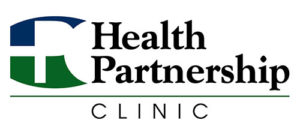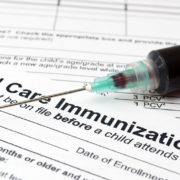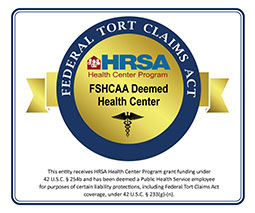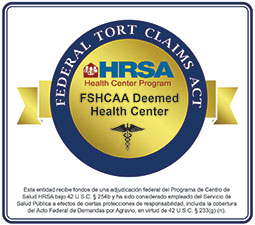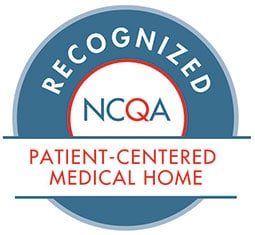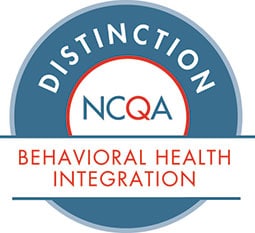Vaccines Vs. Pandemic: Don’t delay experts say.

Mayra Lemus, NRCMA, Medical Assistant
By Mayra Lemus, NRCMA, Medical Assistant, Health Partnership Clinic
Back-to-school season is here. 2020 has impacted people’s lives in different aspects. In an effort to prevent the spread of COVID-19, stay-at-home orders and preventive measures were put in place, thus leading to a decrease in routine preventable medical services such as well child exams and routine vaccines for children.
Should my child still get routine vaccines during the COVID-19 pandemic?
Yes! It is essential that routine vaccines are kept current to reduce vaccine-preventable disease outbreaks. This can prevent unnecessary hospitalizations and medical visits creating a strain on the health care system. It is important that there is communication to parents and caregivers about the value of immunizations. Vaccinations save lives!
With the pandemic, routine services have been put on the back burner for many families. Therefore, it is important that procedures and safety guidelines within medical facilities are communicated to ease the concerns of the community. At Health Partnership Clinic, we have instituted several protocols to ensure our “well” patients are protected to the best of our abilities. One way is to require all individuals entering the clinic to wear masks. Another is to separate well and sick patients.
“Thanks to vaccines, most of these diseases have become rare in the United States,” says Dr. Nancy Messonnier, Director of the National Center for Immunization and Respiratory Diseases, Centers for Disease Control and Prevention (CDC). “But many still exist here, and they can make children very sick, leading to many days of missed school, missed work for parents and even hospitalization and death.”
Back to School
 Routine physicals and vaccines play a huge part in the back-to-school process for school districts. It’s a good practice for parents and caregivers to know their school’s protocols and procedures. Most schools have requirements and guidelines for children and vaccines before enrolling in order to protect the health of their students and their community.
Routine physicals and vaccines play a huge part in the back-to-school process for school districts. It’s a good practice for parents and caregivers to know their school’s protocols and procedures. Most schools have requirements and guidelines for children and vaccines before enrolling in order to protect the health of their students and their community.
Examples include:
- Children, four to six years of age, are due for boosters of vaccines:
- DTaP (diphtheria, tetanus, and pertussis)
- polio
- varicella
- MMR (measles, mumps, and rubella).
- Older children, like pre-teens and teens, need:
- Tdap (tetanus, diphtheria and pertussis)
- HPV (human papillomavirus)
- MenACWY (meningococcal conjugate virus) vaccines.
- Yearly flu vaccines are recommended for all children six months and older. With COVID-19 cases on the rise, it is crucial for individuals (adults and children) to receive their flu vaccine this flu season.
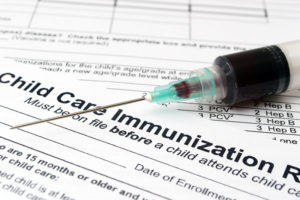 Health departments all over the United States monitor vaccination coverage to understand how well communities are being protected from vaccine-preventable diseases. The collaboration and integration of public health and primary care leverages and strengthens the capabilities of each to deliver critical services.
Health departments all over the United States monitor vaccination coverage to understand how well communities are being protected from vaccine-preventable diseases. The collaboration and integration of public health and primary care leverages and strengthens the capabilities of each to deliver critical services.
Parents and caregivers can find out more about the recommended immunization schedule for 2020 here.
Also check out www.cdc.gov for more important updates. Your local health department websites also contain great information on how to get vaccinated safely during this pandemic.
Always remember every vaccine administered is a step away from a disease outbreak!
We hope you enjoyed this post!
Health Partnership offers a Pediatric Walk-In clinic at its Olathe campus (407 S. Clairborne Rd., Ste. 104) Monday-Friday from 7:30 a.m. to Noon. Stop by for trusted, convenient pediatric medical treatment for minor illnesses and injuries to children under 18 years old. Immunizations and school physicals are also given. The clinic is open to HPC patients and the community. Discounted medical care is available and commercial insurance and KanCare/Medicaid are accepted. To learn more, call 913-648-2266.
